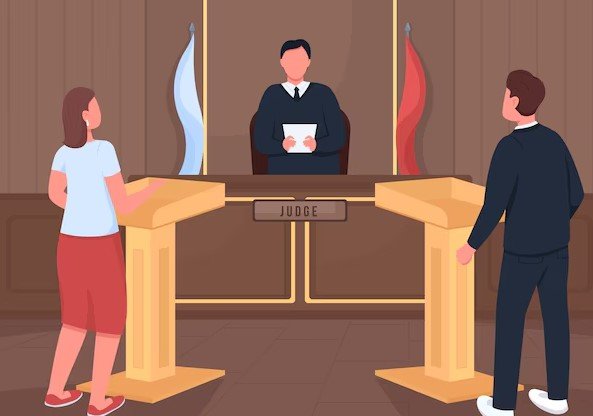Penske Media, the owner of major outlets like Rolling Stone, Variety, and Billboard, filed a federal lawsuit against Google on September 13, 2025, claiming the tech giant’s AI Overviews harm publishers by stealing traffic and revenue. The suit, lodged in a New York court, accuses Google of antitrust violations through its dominant search position, forcing media companies into unfair choices that cut into their business.
Lawsuit Details and Key Claims
Penske Media’s complaint centers on Google’s AI Overviews, which provide quick summaries at the top of search results. These tools pull content from publishers without permission, answering user questions directly and reducing clicks to original sites.
The company reports a sharp drop in traffic since the feature rolled out widely in 2024. For searches leading to Penske sites, about 20 percent now include these AI summaries, leading to fewer visitors and lost ad income.
Penske argues this setup abuses Google’s search monopoly, as ruled in a prior federal case. Publishers must allow their content in AI tools or face lower rankings, creating an uneven playing field.
Beyond traffic loss, the suit highlights revenue impacts. Affiliate earnings, a key income source for many outlets, have fallen by over 33 percent at Penske since late 2024.

Google’s Response and Broader Context
Google quickly defended its practices. A spokesperson stated that AI Overviews make searches more useful and drive more traffic overall to a wider range of sites. The company plans to fight the claims, calling them without merit.
This lawsuit follows a growing wave of legal challenges against tech firms over AI use. Earlier in 2025, education company Chegg sued Google for similar reasons, citing harm to its online business from reduced search referrals.
Industry watchers see this as part of a larger battle. Media groups have long complained about tech platforms profiting from their work without fair pay. Recent antitrust rulings against Google in ad markets add weight to Penske’s case.
Google’s dominance in search, holding over 90 percent market share as per 2025 data, gives it huge leverage. Analysts predict more publishers may join or file similar suits if Penske succeeds.
Impact on Publishers and Users
For publishers, AI summaries pose a real threat to survival. Many rely on search traffic for views and revenue. When users get answers without clicking through, sites lose out on ads, subscriptions, and sales.
Penske’s outlets cover music, entertainment, and culture, areas where timely news drives engagement. The company claims Google’s tools copy reporting styles and facts, essentially repackaging journalism for free.
Users benefit from fast info, but critics worry about accuracy. AI summaries have faced backlash for errors, like suggesting unsafe advice in past tests. Google has improved the tech, but concerns remain.
A table below shows key differences in how search worked before and after AI Overviews:
| Aspect | Traditional Search | With AI Overviews |
|---|---|---|
| User Experience | Lists links, requires clicks | Instant summaries, less navigation |
| Publisher Traffic | Direct visits to sites | Reduced clicks, more on-page info |
| Revenue Impact | Higher ad views on publisher pages | Lower due to fewer visits |
| Accuracy Risks | Depends on site quality | Potential for AI errors |
This shift could reshape online media if not addressed.
Links to Antitrust Issues
The suit ties into ongoing antitrust scrutiny of Google. In August 2025, a judge ruled Google illegally maintained its search monopoly through deals that block rivals.
Penske builds on that, saying AI Overviews extend this control. By controlling how info appears, Google decides what users see first, sidelining competitors.
Experts note similarities to past cases. For example, the 2023 Epic Games ruling against Google’s app store practices showed courts willing to curb tech power.
Possible outcomes include:
- Court orders to change how AI uses content.
- Requirements for payments to publishers.
- Limits on tying AI features to search rankings.
These could set precedents for global regulations.
What This Means for the Future
As AI grows in search, this case highlights tensions between innovation and fair play. Media companies invest heavily in reporting, only to see tech firms summarize it away.
Penske seeks damages and an injunction to stop the harm. If successful, it might encourage deals like those with OpenAI, where publishers get paid for content use.
Looking ahead, 2026 could see more AI regulations, especially with elections focusing on tech accountability. Publishers are pushing for laws to protect their work.
The digital landscape is changing fast, with AI at the center. This lawsuit underscores the need for balance between tech advances and supporting quality journalism.
What do you think about this clash between media and tech giants? Share your views in the comments and pass this article along to spark discussion.








